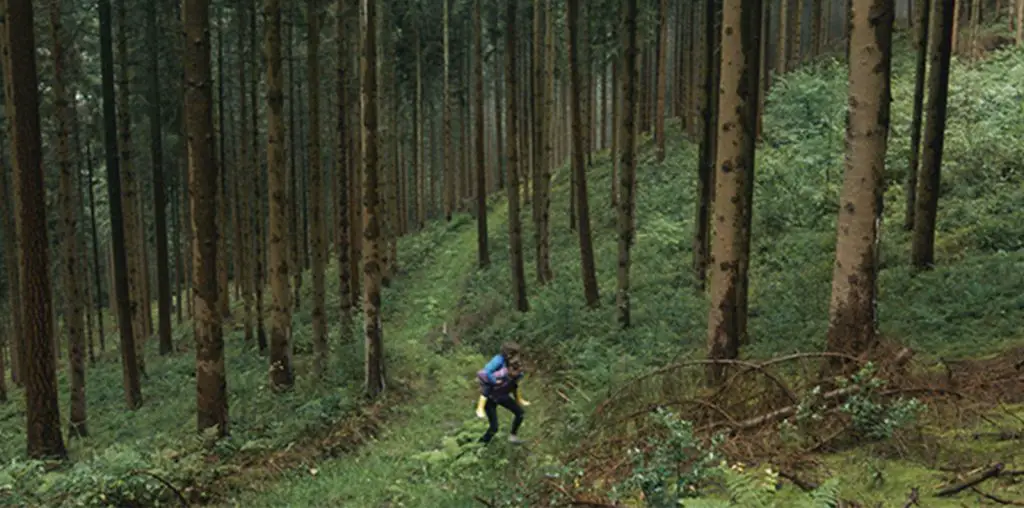
How do you get someone to care? Two-time Pulitzer Prize winner and New York Times columnist, Nicholas Kristof has centered his entire career on that question. We’ve all seen the commercials asking for donations to help the starving Third World kids. Do we ever call that number or do we just complain that the commercial’s five minutes long, depressing, and interrupting our favorite “King of Queens” rerun?
I’ll admit it; I ended up spending my money on “King of Queens” DVDs so I wouldn’t have to bother with those depressing commercials. After watching “Reporter,” I realized I might have been wrong. Turns out that 20 BUCKS x 9 SEASONS could have fed a lot of kids. But in a world filled with wars, genocides, and extreme poverty, there seems to be too much in need of fixing. My DVD money can’t stop all that. What Kristof believes we need is an outcry from the general public – an outcry for change. But how do you make a general public outcry? Kristof has a strategy: an individual’s story can convey the plight of an entire country.
“Reporter” follows Kristof and the winners of the Second Annual “Win a Trip with Nick Kristof Contest” as they enter war torn Democratic Republic of Congo in an attempt to shed light on the atrocities happening within the suffering country. Leana S. Wen, a medical student, and Will Okun, an inner-city high school teacher and photographer, accompany the highly acclaimed reporter into one of the most dangerous places on Earth. Travelling at night could cost them their lives. Numerous militias control the areas around them. The brave group make their way through the country searching for that one solitary story that could capture the attention of all those able to help, the story that will make them care.
They find that story in a small village named Malehe. Her name is Yohanita and she’s going to die—soon. Rebel soldiers destroy homes, ravage crops, and leave thousands of people to die. If there’s not enough time to replant before the harvest many villagers are going to starve. That’s exactly what happened to Yohanita. A 41-year-old ex-teacher now weighs around fifty pounds, suffers from bedsores, a near-fatal fever, and little to no hope of finding help in time. This is the woman whose story will make people care.
Director Metzgar is an award-winning documentarian. For “Reporter,” he travels with Kristof and crew, hoping to assist in the reporter’s fight for change. The film is remarkable in that director takes the same approach as his subject as far as storytelling. They focus on one to tell the stories of many. Just as Kristof writes of Yohanita to convey the almost indescribable misery and suffering of the DCR, Metzgar makes a film about a strong-willed reporter to convey the same things. Somehow, the filmmaker is able to keep a level head and a steady hand amidst the heartbreaking tragedy around him. This is the worst stuff you’ve ever seen.
At points, the film cuts to black momentarily. When this happens, you’re afraid you’re missing something but at the same time, you’re even more scared of what’s next after that darkness goes away. To hear Yohanita scream in pain – a scream that’s unique but much too familiar – is to know an absolute certainty. Something needs to be done now.
That’s why “Reporter” is an important film, because these crises are in need of much more than a monthly donation. This film, along with the work of Nicholas Kristof and journalists like him, are calling for a drastic change in the way the public views foreign crises. If we change how we care, the next step will be to change how much we care.
